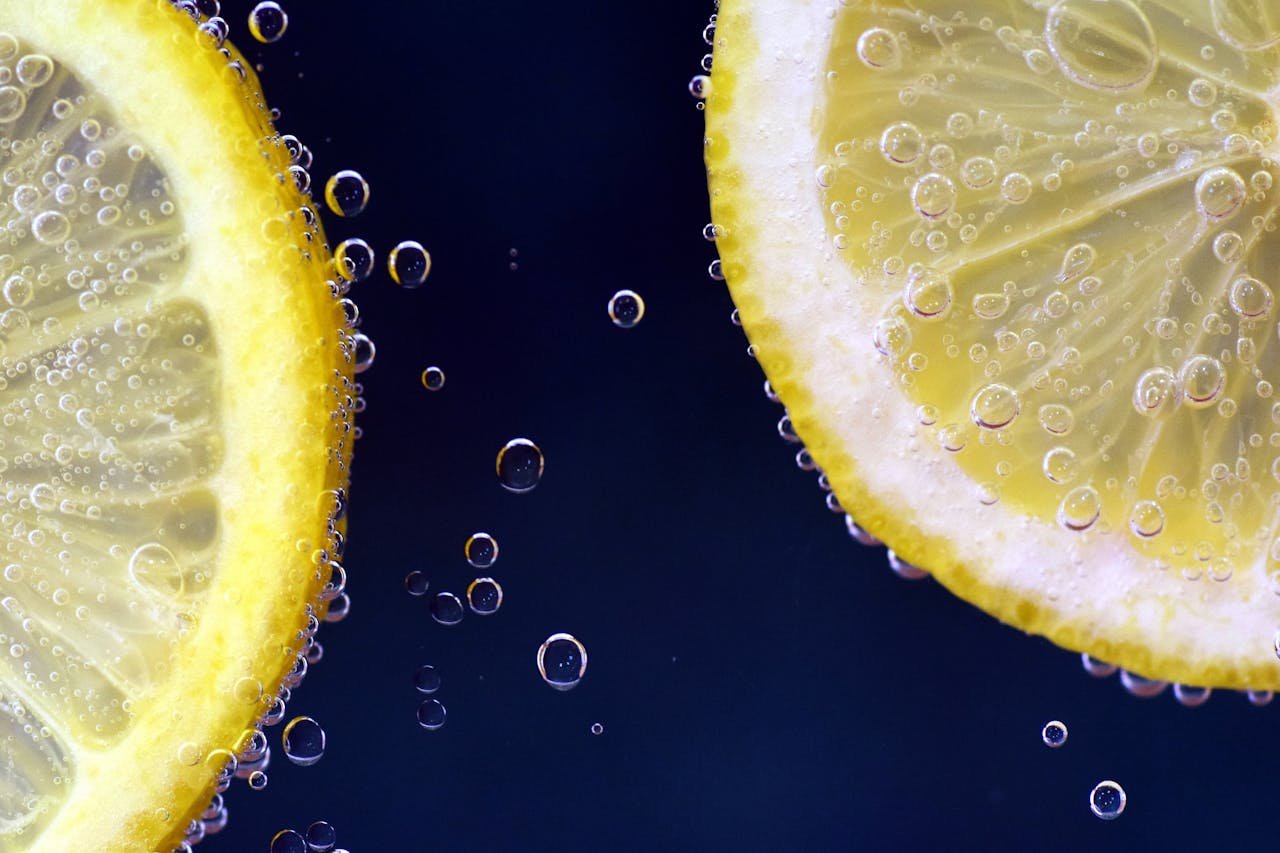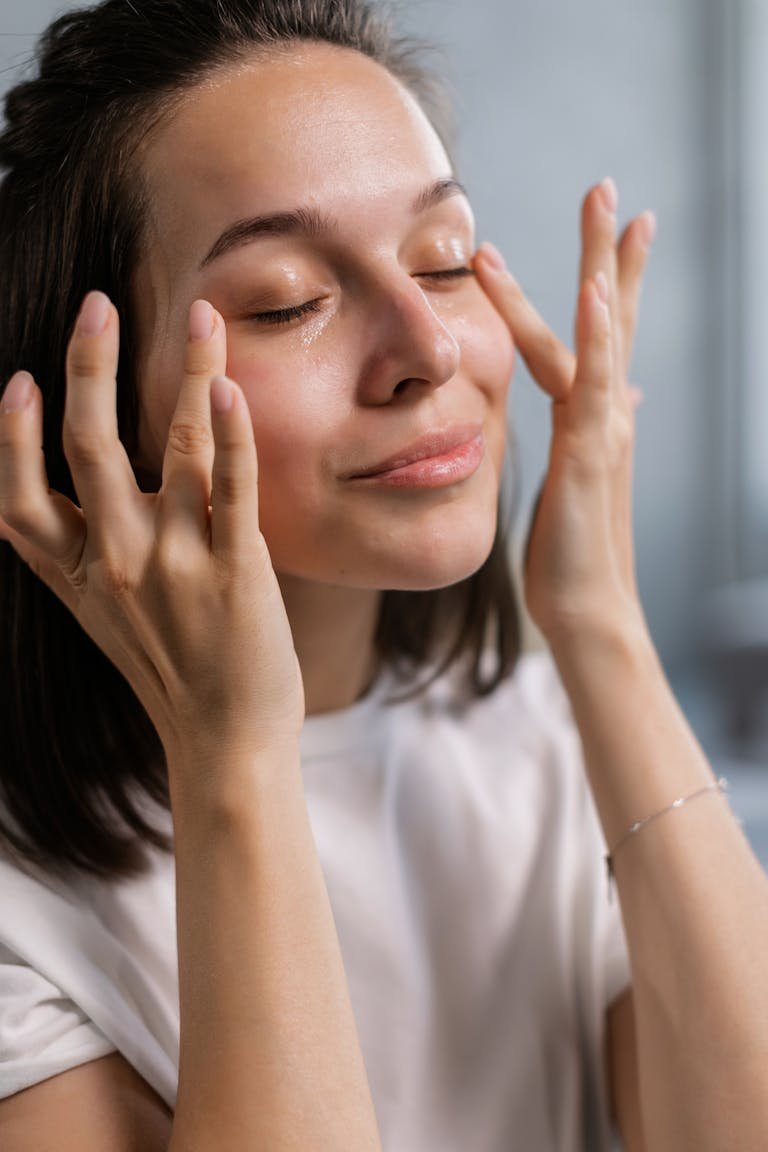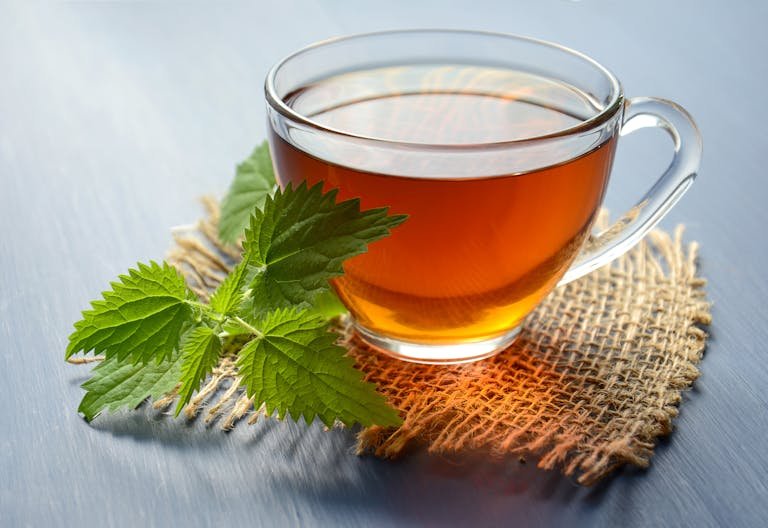How to Hydrate Properly for Better Skin and Health
Hydrate Properly for Better Skin and Health
Proper hydration is one of the simplest yet most powerful ways to maintain youthful skin, boost overall health, and slow down the aging process. Water makes up about 60% of the human body, and every cell depends on adequate hydration to function optimally. Yet many people don’t drink enough water daily, leading to subtle dehydration that can accelerate skin aging, impair organ function, and decrease energy levels. Hydration is crucial for your skin and health, how much water you really need, tips for staying hydrated throughout the day, and common hydration mistakes to avoid.
Why Hydration Matters for Skin and Health
Water plays several vital roles in your body, including:
- Maintaining Skin Elasticity and Glow: Proper hydration helps keep skin plump, elastic, and less prone to wrinkles and dryness. Dehydrated skin appears dull, flaky, and ages faster.
- Detoxifying the Body: Water flushes toxins out of your kidneys and liver, preventing buildup that can damage organs.
- Supporting Digestion: Adequate water intake aids digestion and nutrient absorption, promoting gut health.
- Regulating Body Temperature: Through sweating and respiration, water helps maintain stable body temperature.
- Boosting Energy Levels: Even mild dehydration can cause fatigue and impair cognitive function.
Hydration Myths vs. Facts
There are many myths surrounding hydration that can confuse people about how to drink properly. Let’s clear up some of the most common ones:
| Myth | Fact |
|---|---|
| You must drink exactly 8 glasses a day | Hydration needs vary based on age, weight, activity, and climate. The 8-glass rule is a general guideline. |
| Coffee and tea dehydrate you | Moderate caffeine intake has a mild diuretic effect but still contributes to your daily hydration. |
| Clear urine means you’re overhydrated | Clear urine is usually a sign of good hydration, but overly clear and frequent urination may indicate excess water intake. |
| Thirst is the best indicator of hydration | Thirst signals mild dehydration; it’s better to drink regularly before feeling thirsty, especially for older adults. |
| Drinking large amounts of water flushes toxins quickly | The body efficiently detoxifies via liver and kidneys; drinking too much water won’t speed this process and can be harmful. |
How Much Water Do You Need?
The “8 glasses a day” rule is a simple guideline, but hydration needs vary based on factors like age, weight, activity level, and climate.
General Recommendations:
- Women: About 2.7 liters (91 ounces) of total water daily (from all beverages and food)
- Men: About 3.7 liters (125 ounces) daily
Keep in mind about 20% of this comes from food, especially fruits and vegetables.
Tips for Different Age Groups
Hydration needs and challenges change as we age. Here’s what to keep in mind for different life stages:
Young Adults (20-40 years)
Generally have a strong thirst response and higher metabolic rate. Staying hydrated supports energy and skin health. Active lifestyles increase water needs, especially with exercise.
Middle Age (40-60 years)
Thirst perception may begin to decline slightly. Busy schedules can lead to irregular water intake, so setting reminders is helpful. Skin starts to show early signs of aging, making hydration more important for maintaining elasticity.
Seniors (60+ years)
Older adults have a diminished sense of thirst and lower total body water, increasing the risk of dehydration. Many medications also affect hydration status. Seniors should prioritize regular water intake and consume hydrating foods to avoid fatigue, confusion, and urinary tract infections.
Signs You May Be Dehydrated
- Dry, flaky, or tight skin
- Dark yellow urine or infrequent urination
- Fatigue and dizziness
- Headaches or difficulty concentrating
- Constipation
If you experience these, it’s a clear signal to increase your water intake.
Tips for Staying Properly Hydrated
1. Drink Water Regularly Throughout the Day
Don’t wait until you’re thirsty to drink water. Set reminders or use a reusable water bottle to sip consistently.
2. Eat Water-Rich Foods
Incorporate fruits and vegetables with high water content like cucumbers, watermelon, oranges, strawberries, and lettuce.
3. Start Your Day with a Glass of Water
Drinking water first thing helps jumpstart your metabolism and replenish fluids lost overnight.
4. Limit Dehydrating Beverages
Alcohol, caffeinated drinks, and sugary sodas can contribute to dehydration if consumed excessively. Balance them with plenty of water.
5. Monitor Your Urine Color
Clear to light yellow urine generally indicates good hydration.
6. Use Herbal Teas and Infused Water
Flavored waters with lemon, mint, or cucumber can make hydration more enjoyable.
Hydration and Skin Care Routine
Proper hydration supports your skin’s health from within, but pairing it with a good skincare routine maximizes anti-aging benefits.
- Cleanse gently: Use mild cleansers that don’t strip natural oils.
- Moisturize: Apply moisturizers containing humectants like hyaluronic acid, which help the skin retain water.
- Sun Protection: Hydrated skin is more resilient but still vulnerable to UV damage. Use daily sunscreen to prevent premature aging.
- Avoid Hot Showers: Excessive hot water can dry out the skin. Opt for lukewarm water instead.
- Exfoliate Moderately: Removes dead skin cells, allowing moisturizers to penetrate better, but don’t overdo it to avoid irritation.
Remember, drinking water keeps your skin cells plump and functioning, but external care protects the skin barrier and locks in moisture.
Common Hydration Mistakes to Avoid
- Overdrinking Water: While rare, excessive water intake can dilute electrolytes and cause imbalance (hyponatremia).
- Ignoring Electrolytes: Sodium, potassium, and magnesium help maintain fluid balance. Eating a balanced diet supports hydration.
- Relying Solely on Thirst: Thirst signals mild dehydration; try to drink regularly before feeling thirsty.
How Proper Hydration Supports Anti-Aging
- Improves Skin Texture: Hydrated skin is smoother, with fewer fine lines.
- Reduces Puffiness: Proper fluid balance prevents water retention that causes swelling.
- Enhances Healing: Water supports cell regeneration, helping wounds and blemishes heal faster.
- Boosts Cognitive Function: Dehydration impairs focus and memory, which are vital for aging well.
- Supports Joint Health: Hydration lubricates joints and reduces stiffness.
Simple Hydration Hacks for Busy People
- Carry a water bottle everywhere.
- Set hourly alarms as hydration reminders.
- Track your water intake with smartphone apps.
- Drink a glass of water before each meal.
- Replace one coffee or soda a day with water or herbal tea.
Frequently Asked Questions (FAQ)
Q: Can I drink other fluids besides water to stay hydrated?
A: Yes! Herbal teas, milk, and even coffee count toward your hydration. Just watch caffeine and sugar intake.
Q: Does drinking more water help with weight loss?
A: Drinking water before meals can help reduce calorie intake and boost metabolism slightly.
Q: Is sparkling water as hydrating as still water?
A: Yes, sparkling water hydrates just as well unless it contains added sugars or sodium.
Q: How do I know if I’m drinking too much water?
A: Symptoms like headache, nausea, or frequent clear urination may indicate overhydration. Balance is key.
Proper hydration is a simple, natural way to support healthy aging from the inside out. Drinking enough water daily improves skin health, boosts energy, supports vital organs, and helps you look and feel your best at any age. Make hydration a non-negotiable part of your daily routine, and your body will thank you for it.
Ready to Glow and Feel Great?
Start by adding one extra glass of water today and notice the difference! Share your hydration tips or challenges in the comments — we love hearing from you.
Subscribe to RedefinedAging for more practical tips on living a vibrant, healthy life as you age.






